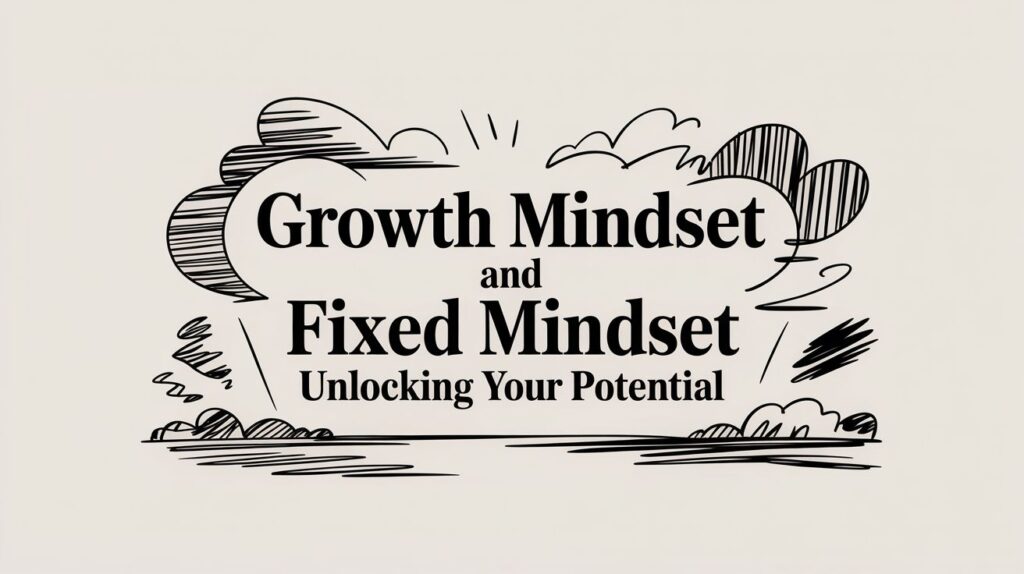Everyday Power Moves: Unlocking Robert Greene’s 48 Laws

In a recent video compilation, Robert Greene highlights key moments discussing his best-known work, The 48 Laws of Power. He digs into the psychology of influence, image management, reputation, bold action, and how to handle both the light and dark sides of power—minus fluff and full of real-world advice.
Key Takeaways
- Power starts in your mind: it’s about how you see yourself and others.
- Control your image: mystery and restraint beat overexposure.
- Use smart tactics: hire talent over friends, let others work while you take credit.
- Build lasting influence: be patient, original, and focus on reputation.
- Embrace the gray: power isn’t good or bad—it’s how you use it.
The Psychology Behind Power
Greene argues that power is all in your head. It isn’t about cash or brute force. It’s about how you think of yourself and how others perceive you.
You can reinvent yourself at any time. Act like a leader now—even if you’re not one yet—and people will start treating you that way. Believe in your own worth, like Elon Musk did with Tesla: his confidence drew money and talent.
Don’t trust friends over strangers when it comes to work. Friends bring emotions—envy, anger, drama. A skilled rival can be a better partner than someone you grew up with.
Managing Your Image
In the age of non-stop sharing, saying less can feel radical. If you reveal every detail, people get bored. Keep some mystery:
- Limit your social media posts.
- Share big news, not daily routines.
- Let people wonder what you’re up to.
Also, never outshine your boss. If you seem too good, you trigger their insecurities. They might fire or sideline you rather than admit they feel weak.
Guard your reputation like treasure. Word travels fast, and a spotless name gives you power before you even walk into a room. Think of that ancient general who strummed a lute on the city wall, fooling a 20,000-man army into thinking he had an ambush waiting.
Leveraging Others And Taking Credit
One of Greene’s more ruthless tips: get other people to do the work, but take the credit. Harsh? Yes. Realistic? Also yes. Think of it as a shield. If you—while you’re busy building your big idea—don’t protect yourself, others may snatch it and claim it as theirs.
Even more lasting is making people need you. Love and loyalty fade, but dependency creates roots. If you hold a unique skill or knowledge, you become hard to replace. That’s real security.
Building Lasting Influence
True power doesn’t come overnight. Patience is your best asset. Quick gains often lead to quick falls. Build skills, gather wins, and let your reputation grow piece by piece.
Never take people at face value. We all wear masks. That friendly coworker might resent you. That confident client may hide deep doubt. By staying alert, you avoid surprises.
Finally, be unabashedly yourself. The most powerful figures in history were often odd, wild, or strangely dressed. Their difference made them memorable. If you blend in, you’ll fade out.
Navigating Power’s Dark Side
Power isn’t a moral force. It can be used well or poorly. Own your mistakes instead of blaming parents, bosses, or society. You control most of the outcome in your life.
Be willing to get your hands dirty. Good causes—climate, justice, community—won’t run on good intentions alone. You’ll face opposition from big interests. A bit of strategy and grit goes a long way.
And don’t wait for permission. Bold moves catch attention. A timid step won’t turn heads, but a confident one might change the game.








Responses